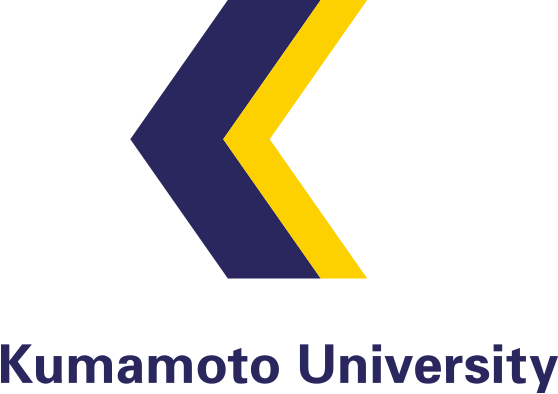Help recruit the best talent and improve the working environment on campus



Responsible for human resources and labor relations to ensure appropriate and fair hiring
Interviewer (referred to as ◆ below): Tell us about your responsibilities as a trustee.
Yahata: I am in charge of personnel and labor affairs at Kumamoto University and affiliated schools including elementary and junior high schools, special education schools, and kindergartens attached to the Faculty of Education. Until last year, I was the Dean of the Faculty of Education. So, I have taken full responsibility for the affiliated schools.
In deciding on faculty members, the university as a whole sets a basic policy on what kind of people to hire and what areas to focus on, while also taking into account the desires of individual departments. My role is to check whether the hiring and promotion procedures are correct and fair, and to help ensure that the process goes smoothly.
I joined the board in FY2021, and one of my first tasks was to identify ways to increase the number of female faculty members. I have clarified the procedures for women-only positions, making it easier for female faculty members to apply and be hired. I would like to devise various ways to find good human resources in other appropriate ways as well.
From the study of philosophy and ethics to the study of moral doctrine
◆: What is your area of research expertise?
Yahata: I originally graduated from the Faculty of Letters, specializing in philosophy and ethics. However, at the university where I was first assigned, I was involved in the teacher education programs and was thinking about how to use the perspectives of philosophy and ethics in teacher training.
I was also assigned to teach in the Faculty of Education at Kumamoto University. At Kumamoto University, I train students to become elementary and junior high school teachers. Since elementary and junior high schools do not offer ethics or philosophy as a subject, I have been researching and practicing how to organize and teach classes in this area, focusing on morals.
Moral education has long been covered in extracurricular activities, but it became a subject of study in elementary schools as of the 2018 school year and in junior high schools as of the 2019 school year. As part of this movement, I was also appointed to organize the Kumamoto City Moral Education Promotion Council of the Kumamoto City Board of Education, where I advise schools that focus on moral education and help edit textbooks.
◆: Philosophy/ethics and morality are related, aren't they?
Yahata: When you think deeply about morality, there are many difficult problems, but I think the important thing is to let children think and speak freely. Deep philosophical questions are often hidden behind the questions and feelings of discomfort that children feel, such as “Even if you say so,” or “Something is wrong.” Children are more philosophical when they explore different things without compromise. How can we bring out their philosophical side, and how can we adults think about it together? This process is part of my study of philosophy and ethics.
In-depth reading of Kant during college years
◆: What memories do you have in your college days?
Yahata: It was truly an era of “storms and waves.” My lab instructor was liberal in a good way and allowed me to do whatever I wanted. I remember he invited me to his house to eat when I couldn’t afford to eat properly.
It was during these college days that I became absorbed in a book called The Critique of Judgment by the German philosopher Immanuel Kant. When I was in my second year, I took a class to read Kant in the original German, which I found fascinating. Kant wrote three critical books. The first, The Critique of Pure Reason, discusses “cognition, the world, and the universe,” and the second, The Critique of Practical Reason discusses “ethics, morality, and the human way of life.” His third book, The Critique of Judgment focuses on “beauty and life.” But I didn’t really understand what it was saying.
Still I continued reading without understanding, but then I suddenly understood a passage. I cannot forget the joy I felt at that time. I stuck with this part for over 20 years and wrote about it in my dissertation.
The part that I still think is the primary core of the book is the “inevitability of chance.” It may sound like the exact opposite, but I feel that there are many stages in life where things that happen by chance can become very important to us. In moral lessons, I often find important things in words that children happen to say.
Use teachers to learn more deeply
◆: Could you tell us about your hobbies?
Yahata: Actually, it's cooking. I have college-aged children, and I’ve been cooking for them since they were babies. I enjoy going to the grocery store and looking at what’s in season and thinking about what to cook. It’s also nice to hear my family say, “Please cook it again.” Everyone loves good food. Even a few minutes of cooking can have a healing effect on me.
◆: Please provide a message to the students!
Yahata: I feel that many instructors at Kumamoto University are devoted to their own research. So you may think they are difficult to approach or talk to. But they are happy to meet ambitious students. If you listen to the lessons carefully, you will find that there are many things you don’t understand. Please actively reach out to the instructors, ask questions, and make more use of them. They will surely tell you various stories that you don’t hear in class, which will lead you to learn something new.
